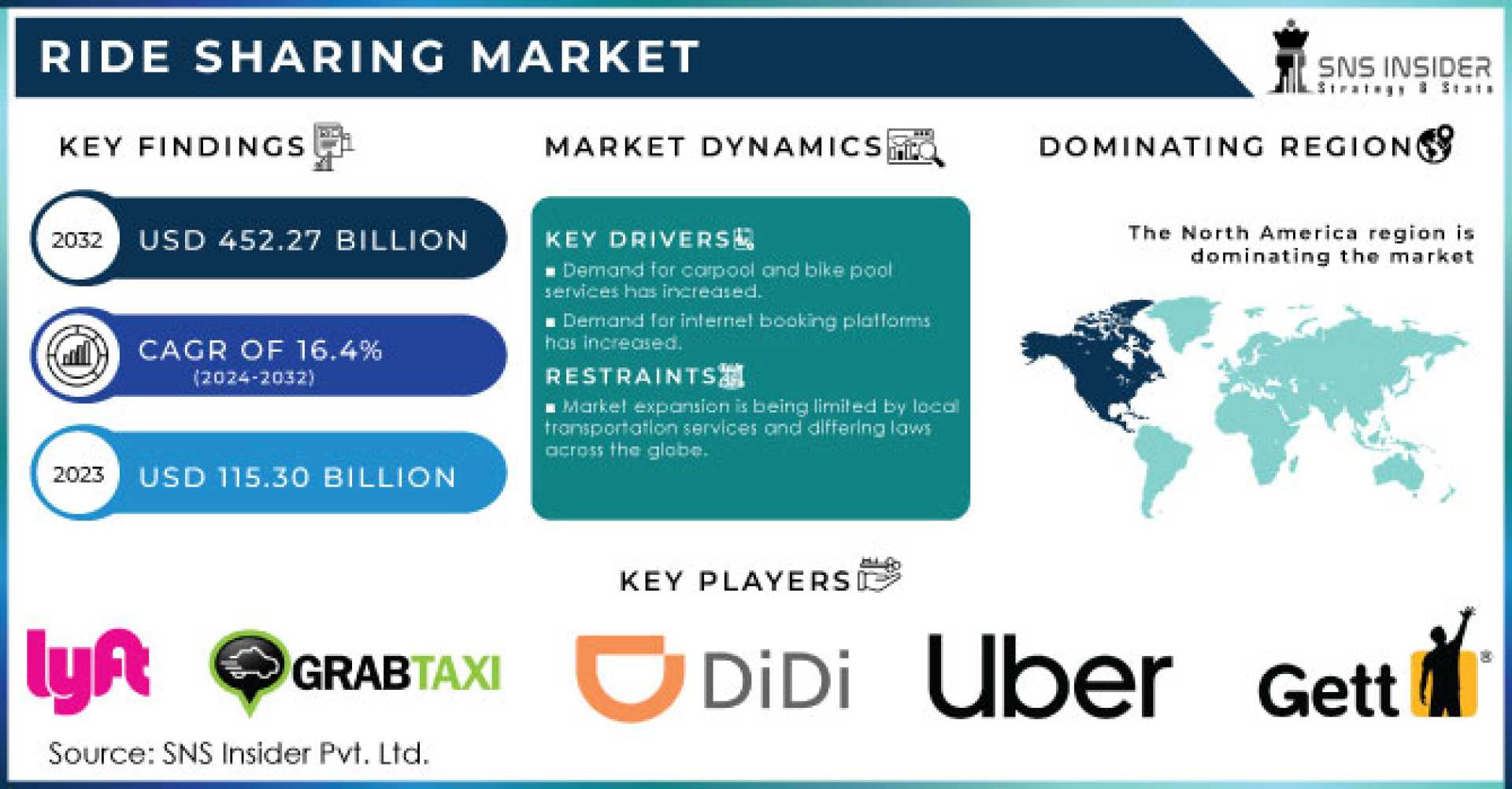Business
Study Reveals Uber’s Forward Dispatch Trips May Harm Riders and Drivers

NEW YORK, NY — A newly released study reveals that Uber‘s forward-dispatch trips may provide worse service for riders while offering little additional benefit to drivers. Len Sherman, an adjunct professor at Columbia Business School, conducted the study and reported his findings on Monday.
According to Sherman’s analysis, these forward-dispatch trips are intended to give drivers an easier way to accept new jobs as they complete their current rides. However, the study found that riders wait up to 60% longer for these rides compared to standard Uber trips. One driver reported an average wait time of 11 minutes for forward-dispatch rides, compared to about seven minutes for other trips.
The financial implications for riders are significant as well. The report indicates that riders typically pay up to 11% more per mile when using forward-dispatch trips. “In practice, forward-dispatch trips have allowed Uber to increase its profits at rider and driver expense,” Sherman stated during an interview with Business Insider.
Uber, however, disputes Sherman’s findings. A company spokesperson argued that forward dispatch aims to reduce wait times and enhance reliability, claiming that these trips do not result in higher costs for riders or different compensation for drivers.
Sherman analyzed data from two drivers, referred to as “power drivers,” who frequently utilize the forward-dispatch feature. One driver derived 60% of their trips from forward dispatches, while the other driver reported 40%. This analysis targeted Uber’s robust driver segment, focusing on those who work nearly full time.
While accepting forward-dispatch trips appears advantageous for drivers, Sherman highlighted the chaos involved. Drivers receive potential new trip offers while focused on their current passengers, leading to difficult decision-making in a short time frame.
Gad Allon, a professor at the Wharton School, supported Sherman’s findings, explaining that drivers often make better profits by waiting for other jobs or using different ride-hailing apps. Many drivers prefer the flexibility of gig work but face pressure to take forward-dispatch rides to minimize unpaid waiting time.
As Uber continues to evolve its services, the ongoing debate surrounding the impact of these trips on both riders and drivers raises significant questions about the efficiency and fairness of gig economy practices.












